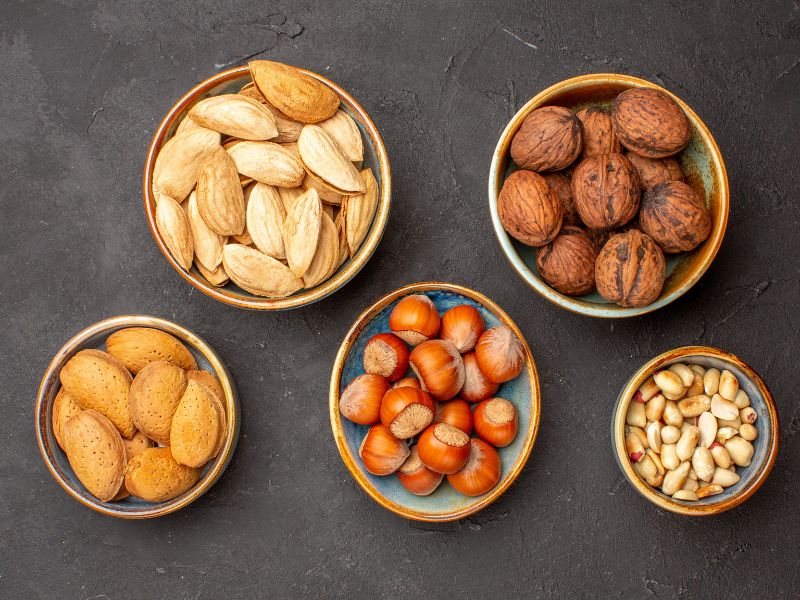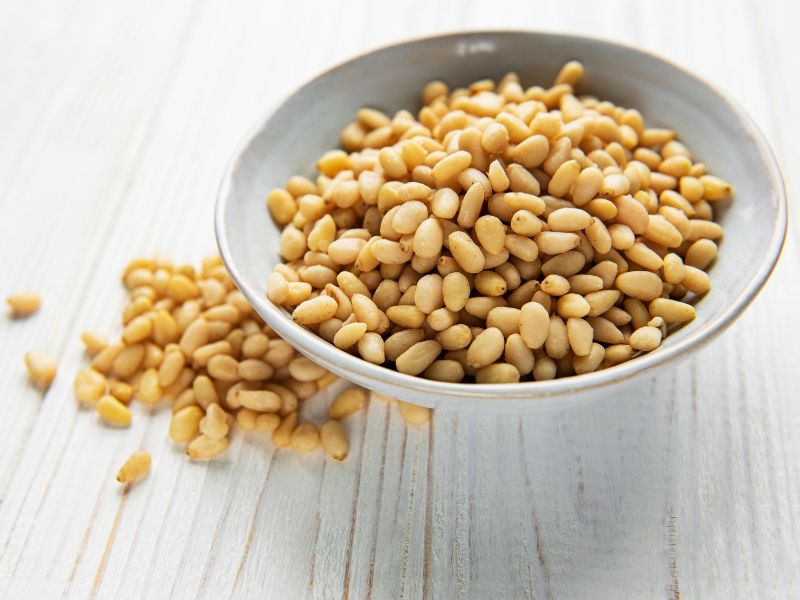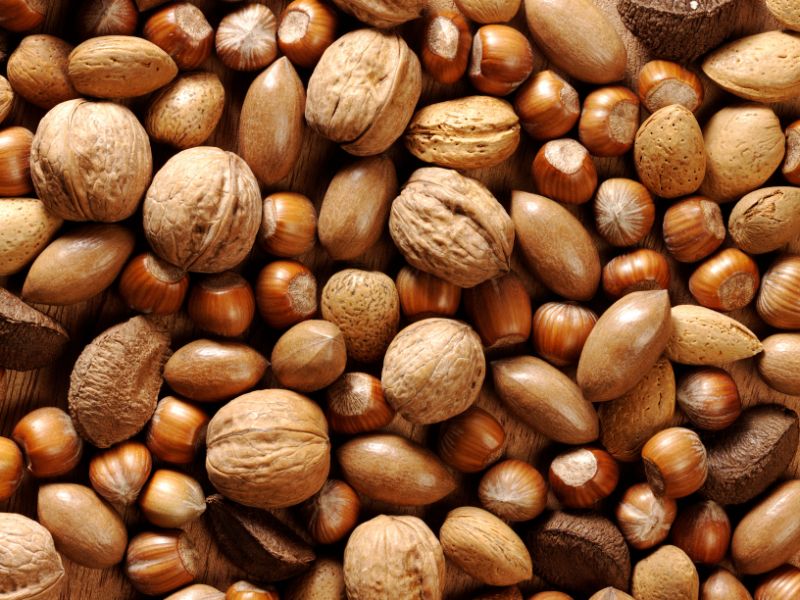Tree nuts are a diverse group of edible seeds enclosed in hard shells that grow on trees. They are nutritionally dense, providing essential nutrients and healthy fats, making them valuable to a balanced diet. However, it’s necessary to differentiate them from other nuts, as the term “nut” can sometimes be misleading.

Canva. com
What Are Tree Nuts?
Authentic tree nuts are seeds of certain types of trees and are characterized by their hard, woody shell that protects the edible kernel inside. Examples of original tree nuts include almonds, walnuts, pecans, hazelnuts, and chestnuts. These nuts are rich in healthy fats, protein, fiber, vitamins, and minerals, making them a wholesome addition to various culinary applications.
Surprising Exceptions
While many commonly referred to as “nuts” are indeed tree nuts, some popular nuts are not technically classified. For instance, peanuts, botanically legumes, grow underground and are not actual tree nuts. Instead, they belong to the legume family, along with beans and lentils. Despite this, they share similar nutritional characteristics with tree nuts. Another surprising exception is the coconut. Although commonly associated with trees, coconuts are considered drupes, a fruit with a hard outer layer surrounding the seed. While coconuts have a unique nutrient profile, they are not classified as authentic tree nuts.

Canva. com
Benefits Of Tree Nuts
Tree nuts are a powerhouse of nutrients. They are a rich source of heart-healthy monounsaturated and polyunsaturated fats, which can help lower harmful cholesterol levels. They are also packed with protein, fiber, vitamins (such as vitamin E and B-complex vitamins), and essential minerals like magnesium, potassium, and calcium. In addition to their nutritional content, tree nuts have been associated with various health benefits, including improved heart health, better weight management, and reduced risk of chronic diseases like diabetes and certain types of cancers.
